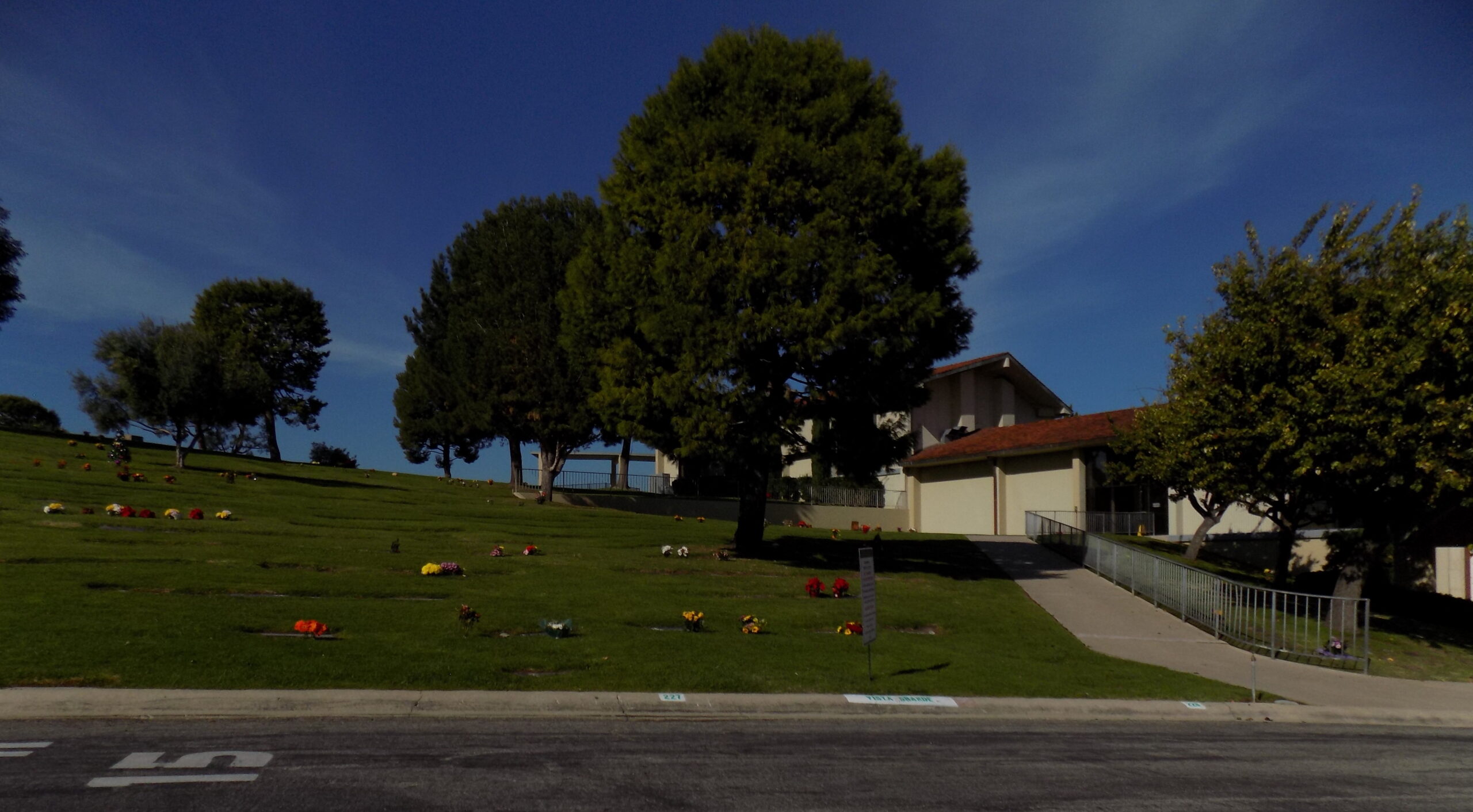By Iracema Navarro, Staff Writer
The last thing most of us want to think about is what I spend 35 hours a week talking about:
Death.
Not to worry though, reading this will only take about three minutes.
I talk about death because I work in an industry that, strangely enough, has life in its title. For three years I have worked for an Allstate Insurance Agency as a licensed sales producer in the life insurance department…I am responsible for informing customers over the phone that Allstate offers life insurance and the importance of it. The final objective is to sell but I feel OK if I don’t; it’s enough for me to have at least planted a seed about the importance of everyone getting life insurance.
Yes, even college students. As difficult as it may seem someday, with a little bit of luck, you’re going to grow older, maybe have kids and they’ll have kids and then you’re going to die. What happens to your loved ones, whether you die at age 80, 50 or 30?
You’ve probably seen the fliers or plastic jars in the local market asking for funds to help pay for a person’s funeral. Not to trivialize those family’s unique situations, but life insurance is just that: insurance for the living when a loved one passes.
Life insurance can help your loved ones pay for your funeral expenses, help them stay in their home by paying their monthly mortgage or rent payments, cover a sibling’s college expenses, pay off your education debt, or replace any income you provide to the household.
I know this for a fact because I bought a policy four years ago. The day I die my family will be fine, economically, and will know exactly what to do. I have all the directions and information on a folder saved on my computer labeled as life, not death. The folder includes where I want to be buried, two casket options that are both in red, a funeral playlist containing from “Tears in Heaven” to “Bohemian Rhapsody,” mariachi group choices, a food menu that includes champurrado in case it rains, and a planned trip for my parents and sisters to go to Egypt to see the pyramids. They will not be forced to ask, borrow, or sell anything for my funeral expenses or my college debt.
That’s because when you pay a scheduled a premium, the insurer Allstate, then agrees to pay your beneficiary the death benefit. For example, for a 24-year-old female that does not use tobacco, a policy for 20 years and a monthly premium of $29, Allstate will provide your loved ones $5,000 per month for five years with a payout of $10,000 for the first month.
At my work, I try to show people how important a policy can be, but I have heard every conceivable excuse. “I’m too young. “I’m not going to die for years.” “It’s too expensive.” “I don’t have kids.”
But as John Lennon once wrote, “life is what happens when you’re busy making other plans.” No one can predict the future. And no amount of short-term rationalizing should prevent anyone from taking reasonable long-term precautions.
And as far as the cost? Buying life insurance at a younger age means you’ll get a better rate because you don’t have any of the high-risk factors that make some people uninsurable. Current health, family history, occupation, driving record, etc. are all factors to determine the rate.
I hope that at the time of my departure, my loved ones can have the strength to celebrate my life. But at least I know they won’t have to deal with the terrible stress of worrying about money—and maybe I can even help them out financially from the other side.

